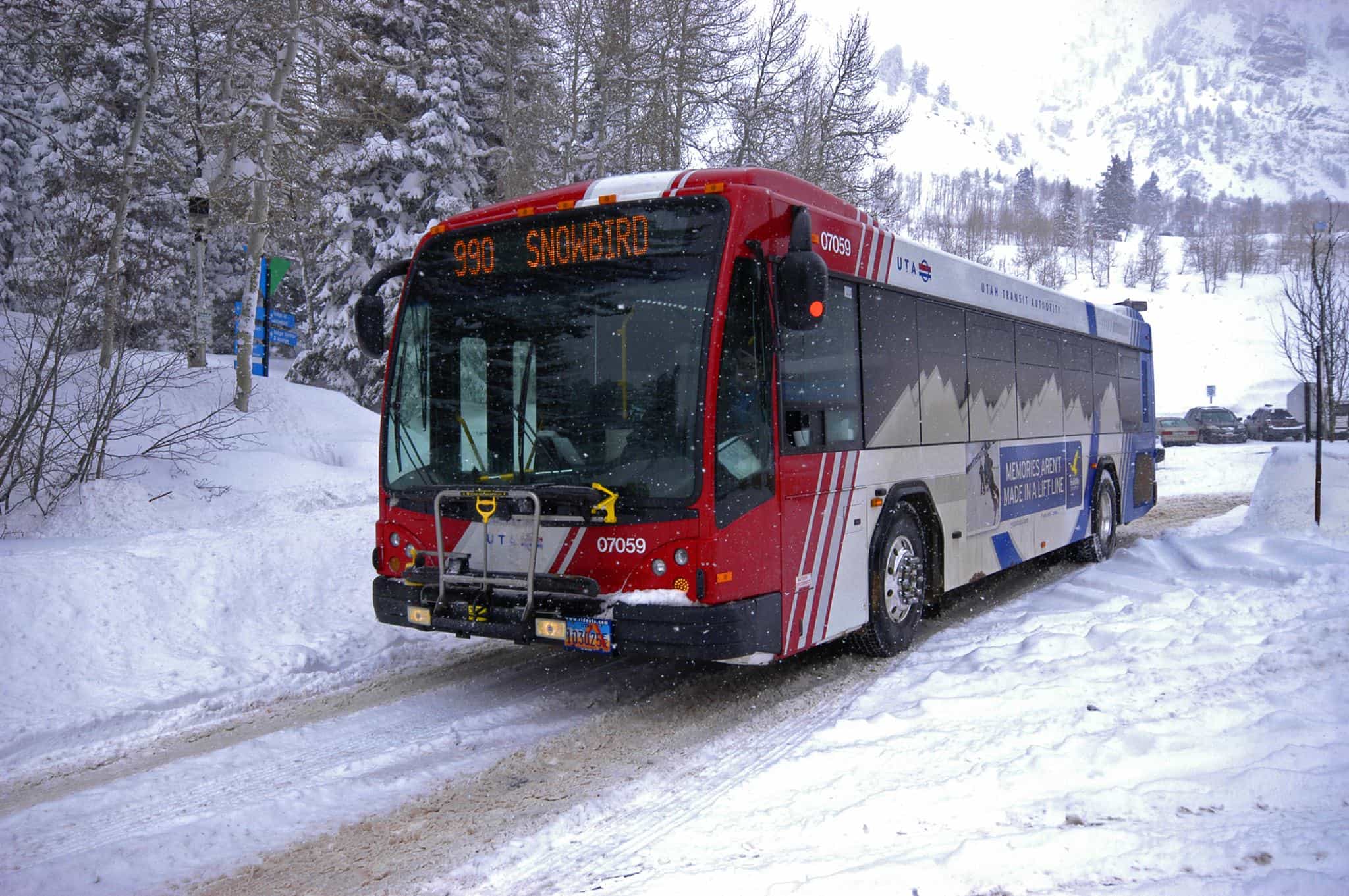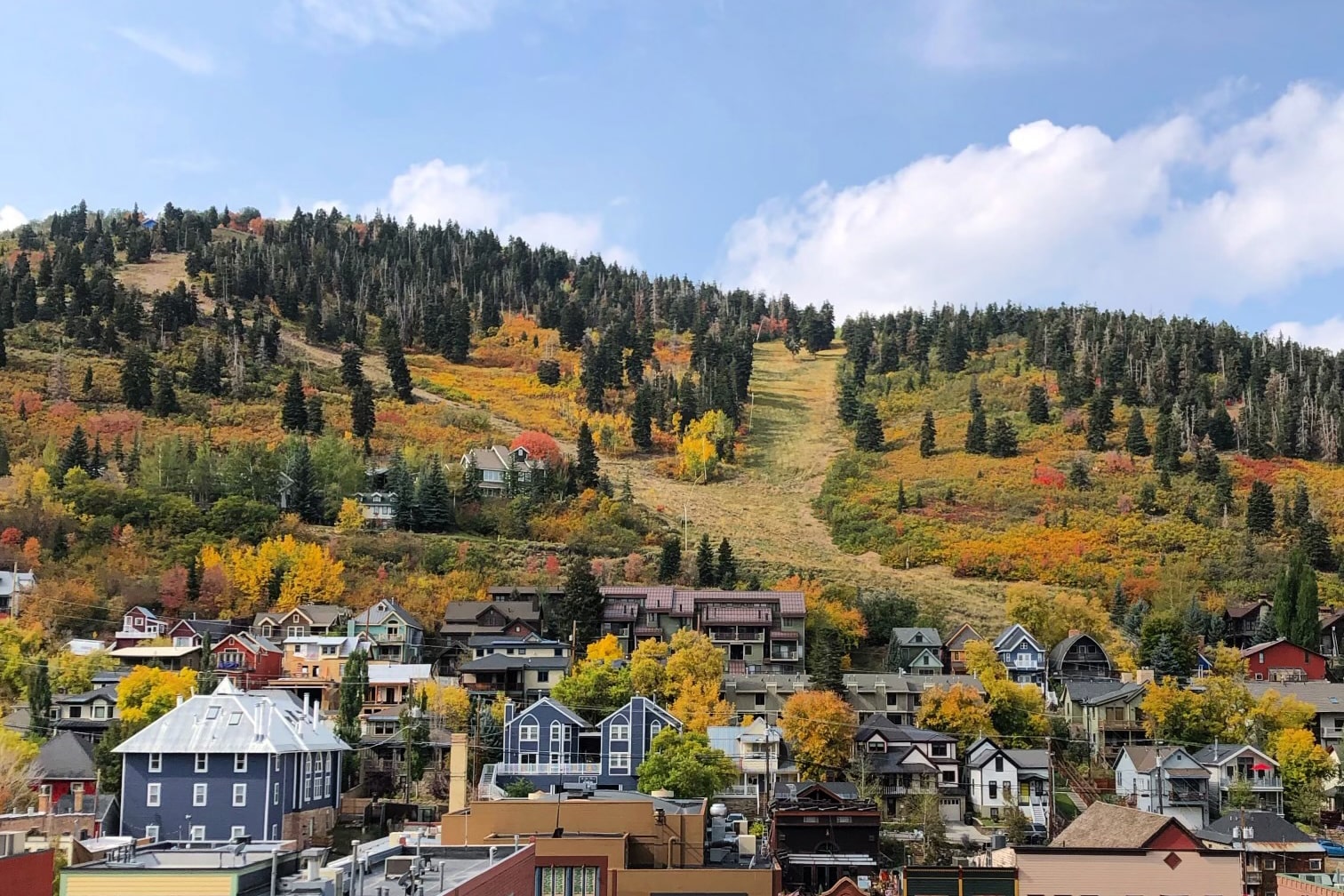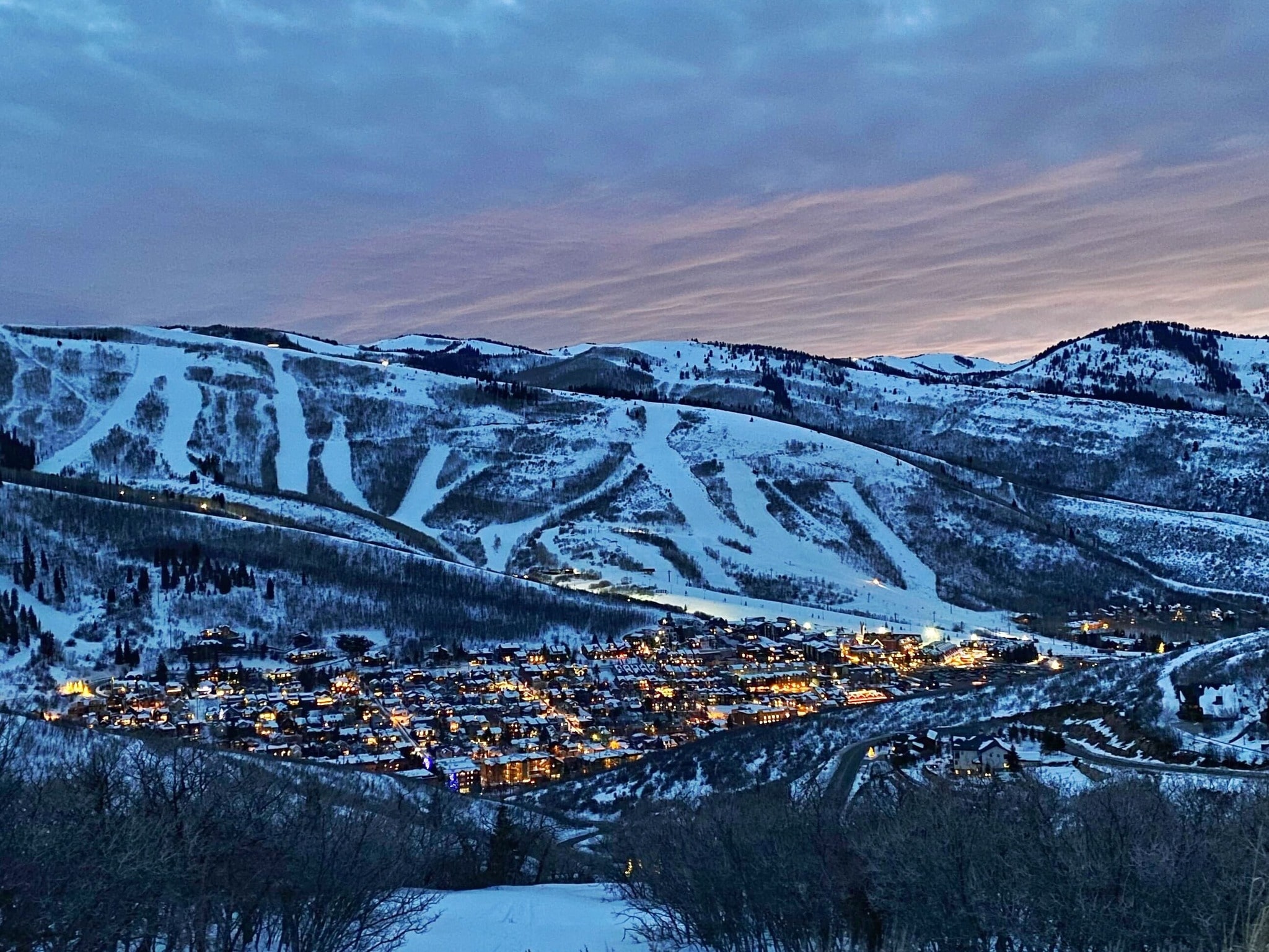
Utah Ski Resorts will be adversely affected by the nationwide staff shortage, as the Utah Transit Authority (UTA) had to cut services to ski resorts. The UTA announced cuts to several of its bus routes last Wednesday.
UTA is short 85 bus drivers in the Salt Lake, Davis and Weber areas, of which 65 are missing in Salt Lake County alone. Therefore, the transport agency had to make the following changes to their ski routes:
- Route 953 (Union Station to Snowbird/Alta): Will be suspended; suggestion to use either Route 972 or Route 994 instead
- Route 972 (Midvale to Solitude): Adjusted from 15-minute to 30-minute service
- Route 994 (Sandy to Snowbird/Alta): Adjusted from 15-minute to 30-minute service
- Route 674 (Powder Mountain): Restructured to run more mid-day and fewer peak trips
- Route 675 (Snowbasin): Restructured to run more mid-day and fewer peak trips
- Route 677 (Layton-Snowbasin): Restructured to run more mid-day and fewer peak trips
- Route 901 (Salt Lake City to Park City): Will be suspended; suggestion to use Route 39 or Route 902 instead
- Route 902: The route will only run between Olympus Cove P+R and Kimball Junction Transit Center, which means they no longer pick up from downtown Salt Lake City or the University of Utah
UTA spokesman Carl Arky said, “We’re trying to strike a balance here to try and maintain the service, that it doesn’t go away completely, but we have to make some adjustments because we simply don’t have enough bus operators right now.”

UTA is actively hiring new drivers and looking at new ways to attract and retain drivers but is finding itself in the same position as many other businesses around the country, which are struggling to fill vacant positions. After having experienced an ongoing shortage of staff and facing unprecedented difficulty in hiring new staff, UTA had no option but to make these cuts. Mr. Arky stressed that asking the remaining drivers to work overtime or additional shifts was not a viable long-term solution.
Utah currently has an unemployment rate of only 2% but is not the only state with excess job vacancies. Covid-19 has caused significant disruptions across the US. Staff shortages are being felt everywhere in America, where more than 47 million workers have quit their jobs. Many have left low-paying jobs in favor of higher pay and a greater work-life balance. Service industries have felt the departure more than other sectors.
It seems that the repercussions of the pandemic will be felt for longer than many had initially anticipated. The effects are being felt across many sectors but are especially hard in education, healthcare, hospitality, and transportation. The shift in people’s priorities has led to long-term geographic relocations and workforce reshuffling. There are currently 11 million job vacancies, but only 6 million are registered unemployed. This discrepancy will make people increasingly selective about job opportunities, and employers will have to offer incentives to attract qualified staff.
While everyone had hoped that the 22/23 ski season would be the first ‘normal’ one after two years of the pandemic, it appears that this winter will be far from ‘normal.’ We need to expect delays and changes, cuts to services, and increased costs across the board. Going into the 22/23 season, remember what’s important — to get out there and enjoy the snow — and stay flexible. Above all, be considerate to those working in the service industry, or else no one will be left to operate the ski lifts, drive those busses or bring your food.

Offer me $150k to drive one of those buses, and I’m in Utah in 24 hours.
One bus route you are never going to see is (Midway to Solitude).
Route 972 (is Midvale to Solitude)
Thanks for that correction.
Julia stick to the facts please, your long diatribe of an opinion at the end is completely off the mark and makes no sense.
The lack of blue collar jobs has nothing to do with Covid. The actual issue at hand is that for 50 years Americans have been told that white collar work is where the money is at, all the while industry leaders in the service sector figured out they can nickel, dime, and pay people as little as possible. Well turns out that has a long term effect that is coming to fruition in the 20s.